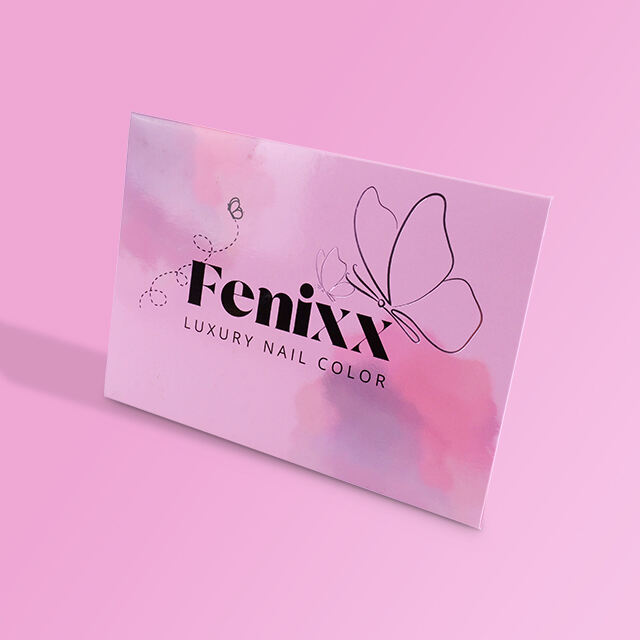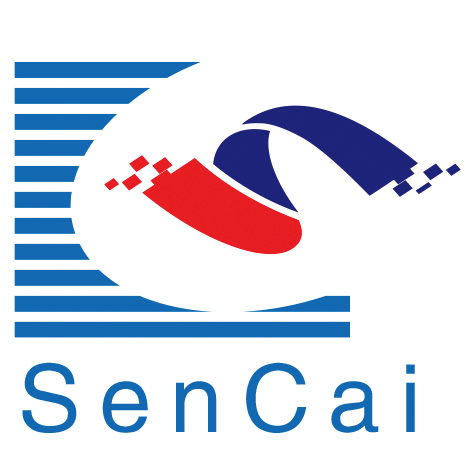
The transition to sustainable paper packaging is significant in mitigating the environmental impact of traditional plastic packaging. Plastic waste contributes significantly to pollution and carbon emissions, but paper-based alternatives offer a more eco-friendly solution. Research reveals that paper packaging can lower the carbon footprint by up to 70% compared to plastic packaging. This is supported by findings that highlight its renewability and biodegradability, making it an attractive option for regulatory bodies. By adopting paper solutions, the food industry is aligning with emerging sustainable innovations in food packaging.
Paper-based packaging showcases remarkable versatility, adapting to a variety of food products such as pizzas, bakery items, and gifts. Its customizability caters to unique design needs, enhancing brand perception and enriching customer experiences. The ability to customize paper packaging allows businesses to incorporate their branding, ensuring the market perceives them as eco-friendly. This adaptability is crucial for items like custom pizza boxes and aesthetically pleasing paper gift boxes, which not only serve functional roles but also act as key marketing tools.
Embracing wholesale solutions for paper packaging presents a meaningful opportunity to reduce waste and minimize costs. Approximately 30% of food packaging waste is due to plastics, indicating a significant reduction potential through paper alternatives. By leveraging wholesale food packaging boxes, businesses can adopt sustainable practices economically. Moreover, it facilitates recycling programs, aiding companies in meeting sustainability goals. These food packaging boxes wholesale offerings thus play a vital role in supporting sustainable innovations in food packaging.
Biodegradable paper boxes offer a swift, environmentally friendly solution to food packaging dilemmas. Unlike plastic, which can linger for centuries, these paper boxes decompose within months, allowing for a quicker reintegration into nature. According to research by the Environmental Protection Agency (EPA), the demand for biodegradable packaging options is surging as consumers become increasingly aware of their environmental footprint. This rise indicates a pivotal shift in consumer preferences toward sustainable innovations in food packaging. To enhance food preservation without compromising eco-friendliness, understanding the chemistry behind biodegradable materials is crucial, as it allows the creation of effective packaging that maintains food freshness.
Integrating technology into food packaging, such as QR codes, serves multiple purposes, including enhancing user engagement and ensuring traceability throughout the food supply chain. This innovation allows consumers to scan packaging for detailed product information, aligning with their desire for transparency and informed choices. Moreover, freshness sensors embedded in packaging notify consumers about the quality and condition of their food, aiding in waste reduction by promoting mindful consumption. Studies suggest that tech-enhanced packaging not only prolongs shelf life but also boosts customer satisfaction by assuring quality. This reflects the intersection of sustainable packaging practices with cutting-edge technology, driving advancements in custom box designs for the modern consumer.
Edible coatings are emerging as a promising addition to paper-based containers, enhancing the longevity and quality of food products. These coatings act as protective barriers against moisture and gases, which can compromise freshness and safety. Research shows promising results in using natural substances like seaweed and plant extracts to develop these coatings, taking sustainable innovations in food packaging to new heights. Innovative companies are at the forefront of exploring edible coatings, providing a dual benefit of reducing waste and ensuring food quality. By merging eco-friendly practices with advanced technologies, the industry is paving the way for a future where packaging not only safeguards the product but also aligns with environmental stewardship.
The initial investment in sustainable packaging, such as custom box production, can be relatively high. However, businesses are finding that these costs can offer long-term returns through enhanced brand loyalty and reduced waste expenses. Although compelling, this presents a particular challenge for small to medium enterprises, which often face difficulties in scaling sustainable practices without compromising cost or efficiency. As a result, there is a pressing need for innovative financing solutions that could enable smaller businesses to adopt eco-friendly packaging options effectively. By alleviating financial burdens, these solutions could democratize access to sustainable innovations in food packaging, bringing their benefits to a broader range of businesses.
The efficient recycling of paper-based materials, such as paper boxes for food, is crucial for creating a sustainable packaging cycle. Nonetheless, recycling infrastructure in many regions often falls short, impeding this goal. Public-private partnerships could play a significant role in enhancing recycling programs, making the transition to paper-based systems more successful. Despite efforts, statistics still show that recycling rates for paper packaging remain below optimal levels, indicating a need for infrastructure enhancement. Addressing these gaps is key to advancing sustainable innovations in food packaging and ensuring that paper boxes effectively contribute to environmental conservation.
A significant hurdle in the adoption of sustainable packaging is the prevalent misconception between compostable and recyclable packaging options. This confusion often leads to improper disposal by consumers, subsequently affecting recycling rates for food packaging boxes and wholesale packs. Educating consumers on the differences and the correct disposal methods can greatly enhance the effectiveness of recycling programs. Studies suggest that informed consumers are considerably more likely to choose sustainable packaging options, which in turn affects industry trends. As awareness grows, so does the consumer preference for eco-friendlier packaging, supporting the transition towards more sustainable industry practices.
Mushroom-based hybrids, particularly those involving mycelium, are paving the way for enhancing the durability of paper packaging. Mycelium, the root structure of mushrooms, is biodegradable and offers significant strength and resilience, making it a promising alternative to traditional packaging materials such as plastic. Companies like Ecovative have been pioneering the use of mycelium-based packaging, showcasing real-world applications that benefit industries such as food packaging. This innovation not only contributes to reducing plastic use but also supports sustainable living by providing a fully biodegradable solution. As the demand for eco-friendly packaging continues to grow, integrating mycelium into paper products like custom pizza boxes is a step forward in sustainable innovations in food packaging.
Artificial Intelligence (AI) is revolutionizing the way food packaging boxes are customized on a wholesale level. By leveraging AI technology, businesses can offer personalized packaging options that cater to specific consumer preferences and sustainability goals. Through the analysis of consumer data, companies can tailor packaging designs that align with environmental objectives, effectively reducing waste. The integration of AI into packaging design processes enhances efficiency, decreasing the ecological footprint of production. This trend is particularly significant in the realm of food packaging boxes wholesale, where customized solutions enable brands to meet diverse consumer needs while adhering to sustainability principles.
International policies are increasingly shaping the standards for sustainable packaging, including paper gift boxes. These evolving regulations aim to standardize practices that promote environmental sustainability. Compliance with such standards results in higher market acceptance and fosters consumer trust in brands that utilize eco-friendly materials. Engaging in practices like barcode tracking ensures responsible sourcing and adherence to global demands for sustainable innovations in food packaging. As regulations continue to advance, they compel companies to innovate and adapt, ensuring that paper gift boxes meet new environmental benchmarks while maintaining their appeal in the marketplace.


Copyright © copyright © 2024©Fujian Sencai Times Technology Co., Ltd. - Privacy policy